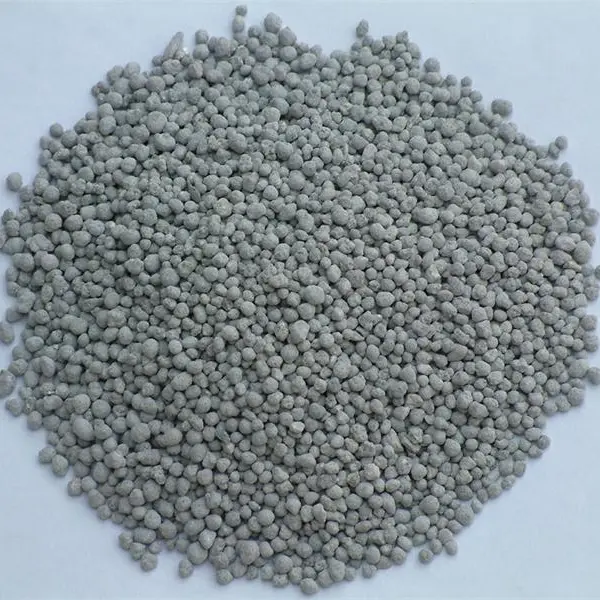Introduce:
In modern agriculture, the need to increase productivity and sustainable farming practices has become paramount. Fertilizer use plays a vital role as farmers and scientists strive to strike a balance between maximizing crop yields and protecting the environment. Among the various types of fertilizers, single super phosphate SSP stands out as an important component in improving soil fertility and ensuring good harvests. In this blog, we will delve into the importance of SSP in modern agriculture and its contribution to sustainable farming practices.
Learn about single super phosphates:
Single superphosphate (SSP) is a phosphorus-rich fertilizer that contains two nutrients essential for plant growth: phosphorus and sulfur. This fertilizer is obtained by reacting sulfuric acid (H2SO4) with phosphate rock to form monocalcium phosphate. By incorporating superphosphate into agricultural systems, farmers can fortify the soil with the nutrients plants need to grow.
Enhance soil fertility:
Phosphorus is an essential element for every living organism and its availability in soil directly affects crop productivity. SSP is a reliable source of phosphorus, ensuring that plants receive an adequate supply of phosphorus during the growth phase. Phosphorus plays a vital role in root development, energy transfer and flowering. By promoting these critical processes, SSP paves the way for healthier plants and improved crop yields.
Equilibrium PH:
Another advantage of SSP is its ability to address soil acidity issues. Excessive acidity hinders nutrient uptake, limiting plant growth. However, the calcium content of superphosphate effectively neutralizes the pH of the soil, making it conducive for optimal nutrient uptake. Plus, adding sulfur helps improve soil structure, allowing roots to easily penetrate and access additional nutrients.
Sustainable Agriculture Practices:
The utilization of SSP is consistent with sustainable agricultural practices. By improving soil fertility and nutrient use efficiency, farmers can reduce the need for excess fertilizer, thereby minimizing potential environmental impacts. Additionally, superphosphate’s low water solubility means phosphorus can remain in the soil for longer, reducing the risk of runoff and water pollution.
Economic benefits:
In addition to the environmental advantages, SSP brings economic benefits to farmers. Due to its high nutrient content and slow release properties, SSP ensures long-term effectiveness, minimizing the frequency of fertilization. Not only does this feature help reduce costs, it also saves valuable time and labor. Additionally, increasing crop yields using superphosphate can significantly increase farmers’ profitability and contribute to the overall economic development of farming communities.
In conclusion:
In conclusion, SSP plays an important role in modern agriculture, contributing to sustainable farming practices and increasing crop productivity. By improving soil fertility, neutralizing pH, promoting nutrient uptake and reducing reliance on chemical fertilizers, SSP benefits both the environment and the economic well-being of farmers. Employing this essential fertilizer has proven critical to ensuring a sustainable future for agriculture, as productivity and environmental stewardship go hand in hand.
Post time: Aug-04-2023

